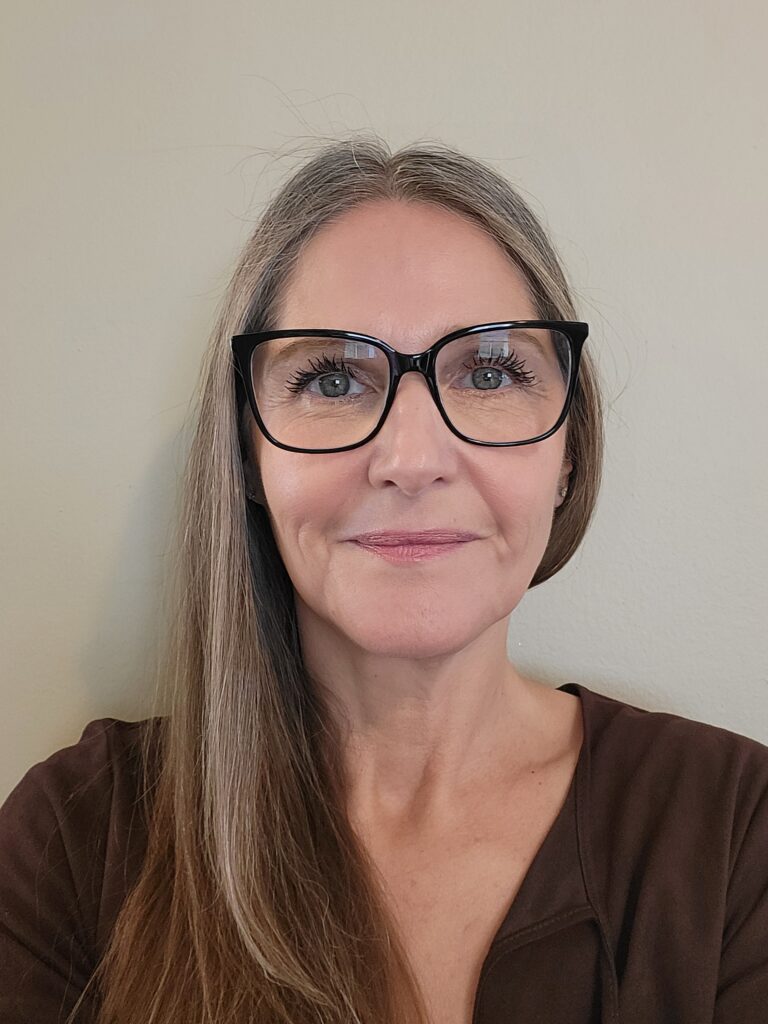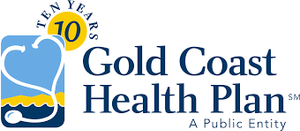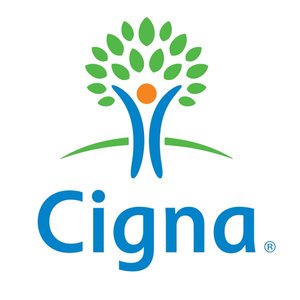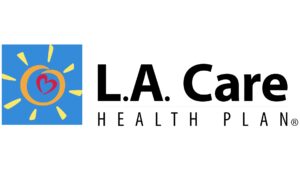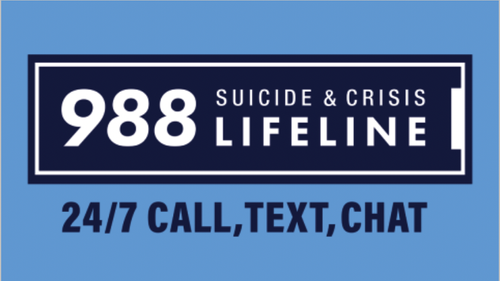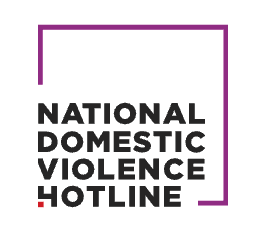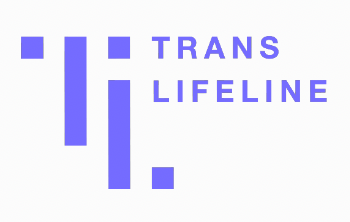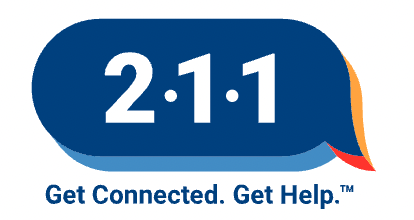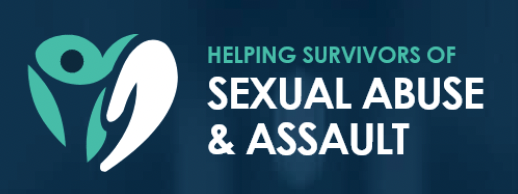Online Treatment for Anxiety, Fear & Phobias
Take Control of Your Anxiety
Untreated anxiety disorders can lead to significant negative effects on various aspects of life, including relationships, work performance, physical health, and overall well-being.

Our Approach to Anxiety Treatmeant
How We Treat Anxiety, Fear & Phobias
We have therapists trained to help with a wide range of anxiety disorders, including generalized anxiety disorder (GAD), social anxiety disorder, panic disorder, specific phobias, and agoraphobia.

Common Phobias We Treat
Overcoming Anxiety, Fear & Phobias
Here is a short list of the most common types of fears and phobias we treat for our patients. If you do not see a phobia that defines your issue, please speak to one of our clinicians.
Social Anxiety
Fear of social situations and interactions
Generalized Anxiety Disorder (GAD)
Excessive worry and anxiety about everyday life events and situations
Performance Anxiety
Fear of performing in front of an audience, often related to public speaking or stage performances
Claustrophobia
Fear or discomfort while in confined spaces
Mysophobia
Fear of germs or dirt
Aerophobia
Fear of flying
Meet Our Clinicians
Client FAQs
Frequently Asked Questions
What is the primary cause of phobias?
The primary cause of phobias is often rooted in a combination of genetic predisposition, learned behavior, and traumatic experiences.
How common are anxiety disorders?
Anxiety disorders are relatively common, affecting a significant portion of the population. According to the World Health Organization (WHO), around 1 in 13 people globally experience an anxiety disorder in any given year.
Do you recommend medication for Anxiety Disorders?
Medication can be recommended as a treatment option for anxiety disorders, particularly in moderate to severe cases. Antidepressants, such as selective serotonin reuptake inhibitors (SSRIs) or benzodiazepines, may be prescribed to help alleviate symptoms and manage anxiety.
However, the decision to use medication should be made in consultation with a psychiatrist, taking into account individual circumstances and preferences. Therapy, such as cognitive-behavioral therapy (CBT), is also a commonly recommended approach for anxiety disorders.
How do I know if I am suffering from anxiety?
Basic symptoms of anxiety include:
- Excessive worry or fear about various aspects of life, often disproportionate to the situation.
- Feeling restless or on edge.
- Feeling easily fatigued or having low energy levels.
- Difficulty concentrating or finding your mind going blank.
- Irritability or having a heightened sense of unease.
- Muscle tension or experiencing bodily discomfort, such as headaches or stomachaches.
- Sleep disturbances, such as trouble falling asleep, staying asleep, or having restless sleep.
- Experiencing a sense of impending danger or doom.
- Avoidance of situations or places that trigger anxiety.
- Physical symptoms like rapid heartbeat, sweating, trembling, or shortness of breath.
Client Reviews
I am very satisfied with the Client Care Department! In the very beginning when I needed it most they were very helpful, understanding and empathetic to my needs.
”The client care department was wonderful.
”My therapist is amazing and I couldn’t imagine working with anyone else each week.
”My therapist Olivia has been amazing.
”Even though the intake process was via email, it was easy because of the clarification. The directions were clear in what information I needed to provide.
”I am very satisfied with my therapist. She does an amazing job understanding what I have to say and she gives amazing feedback as well which really helps me a lot. She is so incredible and so nice.
”

